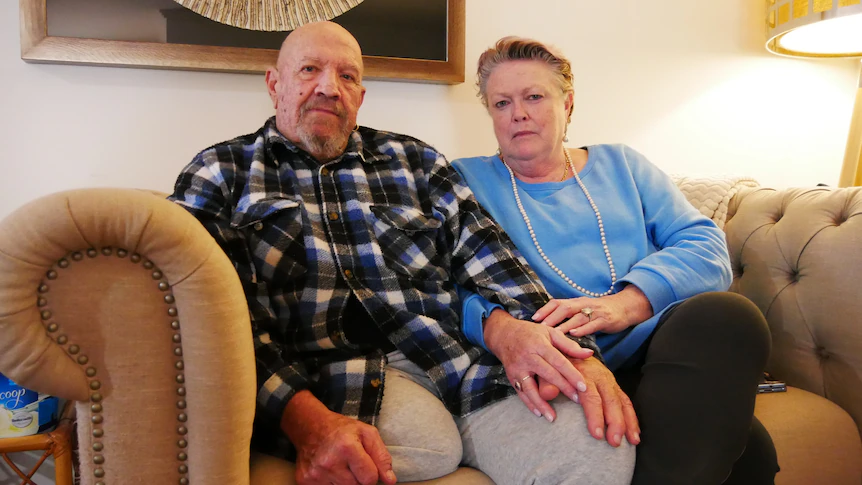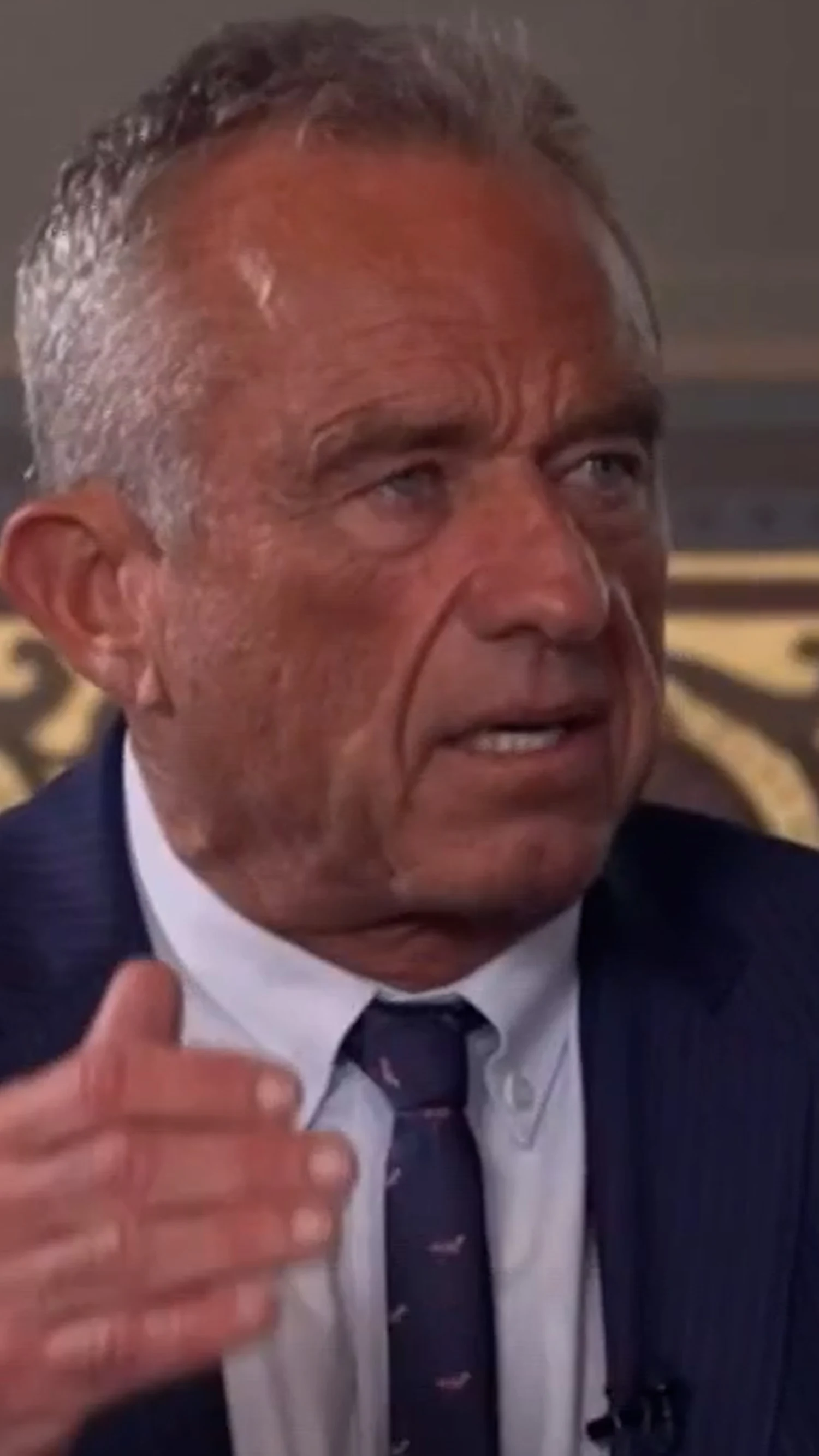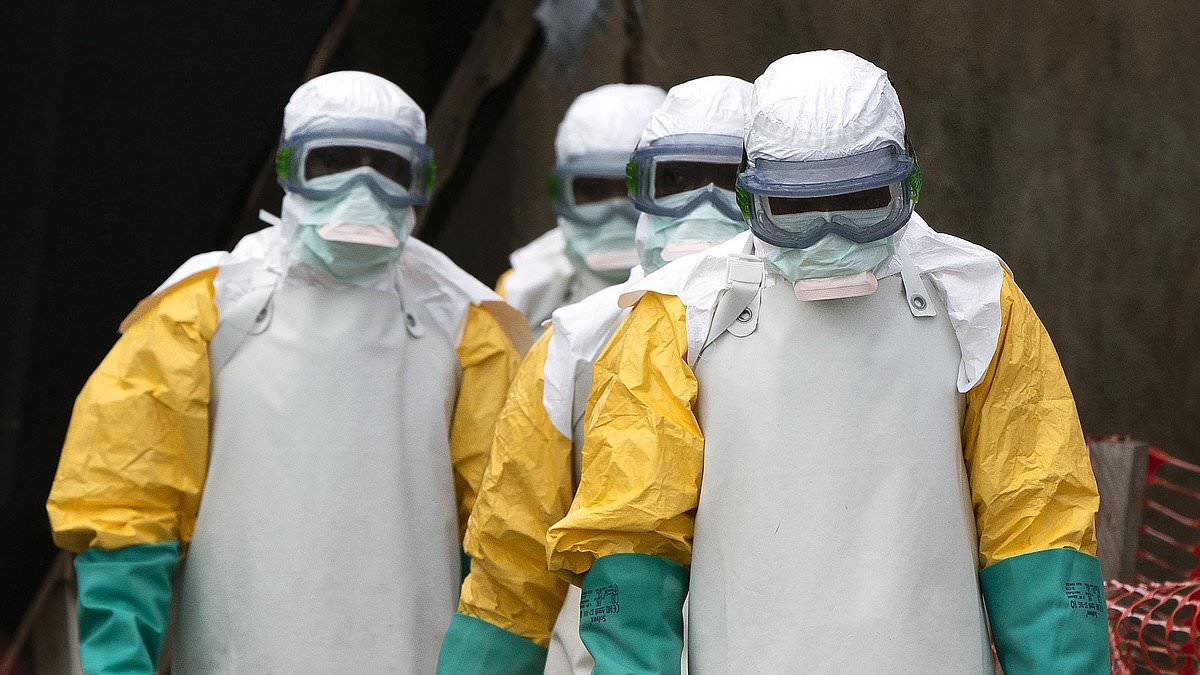By Nicola Ceccato
Copyright abc

Like many people living in regional Australia, Ugo Fattore and Karen French are accustomed to travelling long distances for medical care.
Mr Fattore has been battling leukaemia for over two decades, and after knee surgery four years ago the cancer flared up causing a leg infection which eventually led to his leg being amputated in 2024.
The couple estimate he spent three years out of the four in hospital.
“It gets pretty hard on Karen.”
So when they heard the nearby Griffith Base was reopening earlier this year after a $250 million upgrade they were hopeful others would be spared their experience.
But Mr Fattore said what is on offer at the hospital is not good enough, and people still need to travel for “stupid things”.
“People with broken bones, they got to keep sending them back over to Wagga to get repaired and plastered … that should be all done here,” he said.
Doctors demand change
The couple are part of a push to establish a new Local Health District in south-western NSW.
Griffith’s population is steadily growing from 23,000 in 2001 to 27,000 in 2021.
Its hospital is the second largest in the Murrumbidgee Local Health District (MLHD) after Wagga Base Hospital, the district’s only rural referral-level facility.
Griffith surgeon Narayanan Jayachandran said the recent upgrade was not good enough.
“We desperately need to have rehab services and aged care services in Griffith on a much bigger scale,” he said.
The MLHD said in a statement it was planning to introduce aged care, rehabilitation beds and further scope for surgical procedures.
Dr Jayachandran was sceptical.
“We also don’t have a full-time orthopaedic [surgeon],” he said.
In 2022, MLHD announced two orthopaedic surgeons would be hired to provide “appropriate” emergency services at the hospital.
But Dr Howard Fan from the local Medical Staff Council (MSC) said services had not improved.
He said the two elective surgeons were not enough.
Dr Fan said this meant patients were referred to Wagga Wagga.
Demand for emergency orthopaedic surgery, is one of many reasons why the MSC is pushing for Griffith and south-western NSW to abdicate from the MLHD and form a new health district.
The proposed Western Riverina Health District would cover communities including Griffith, Deniliquin and Hay.
‘Appropriate’ funding required
Funding for large public hospitals like Wagga Wagga and Griffith is allocated based on patient intake.
Dr Fan said a shortage of services at Griffith Hospital has led to patients being referred to Wagga Wagga, which in turn has meant less funding for Griffith.
He said a new LHD would have its own funding for “appropriate staffing”.
“Our aim is to be able to recruit staff for our region using our own funding rather than to rely on the entire health network to allocate us staffing,” he said.
Increasing staff ratios will give Griffith Base the ability to provide more services for Western Riverina residents closer to home, he said.
“It always saddens us to see people coming from two hours away to reach us to only go two [more] hours to another hospital,” Dr Fan said.
Split detrimental to healthcare, LHD says
In a statement, MLHD said that the senior leadership team and board members are based throughout the Murrumbidgee region to ensure rural and regional patients’ “unique healthcare needs are considered”.
The MLHD said any split would have “a detrimental impact on existing healthcare”.
Dr Fan said this would not be the case as referral agreements with other services outside MLHD exist.
“At the moment, if we have major traumas or neurosurgery or cardiothoracics, we refer them to Sydney,” he said.
Taking the fight to parliament
Murray MP Helen Dalton has long advocated for the split and said she had “an agreement” with Premier Chris Minns that the split would be trialled if Labor won the 2023 state election.
She said the premier has “backed away” from that, but Mr Minns said he has not “been convinced … splitting the MLHD is the answer”.
“It will only duplicate existing services, stretching resources and capacity without solving critical recruitment challenges,” he said in a statement.
This comes at the same time as the first NSW inquiry into splitting an LHD is underway for Hunter New England, and there are plans for the committee to then investigate doing the same for the MLHD.
The inquiry will be visiting Griffith and surrounding areas in the coming months.
A petition is also circulating in businesses across Griffith and surrounding towns, and will be debated in parliament if it reaches 10,000 signatures.
The last major health network reorganisation was in 2010 when the National Health and Hospitals Network Agreement was formed, which established LHDs.



